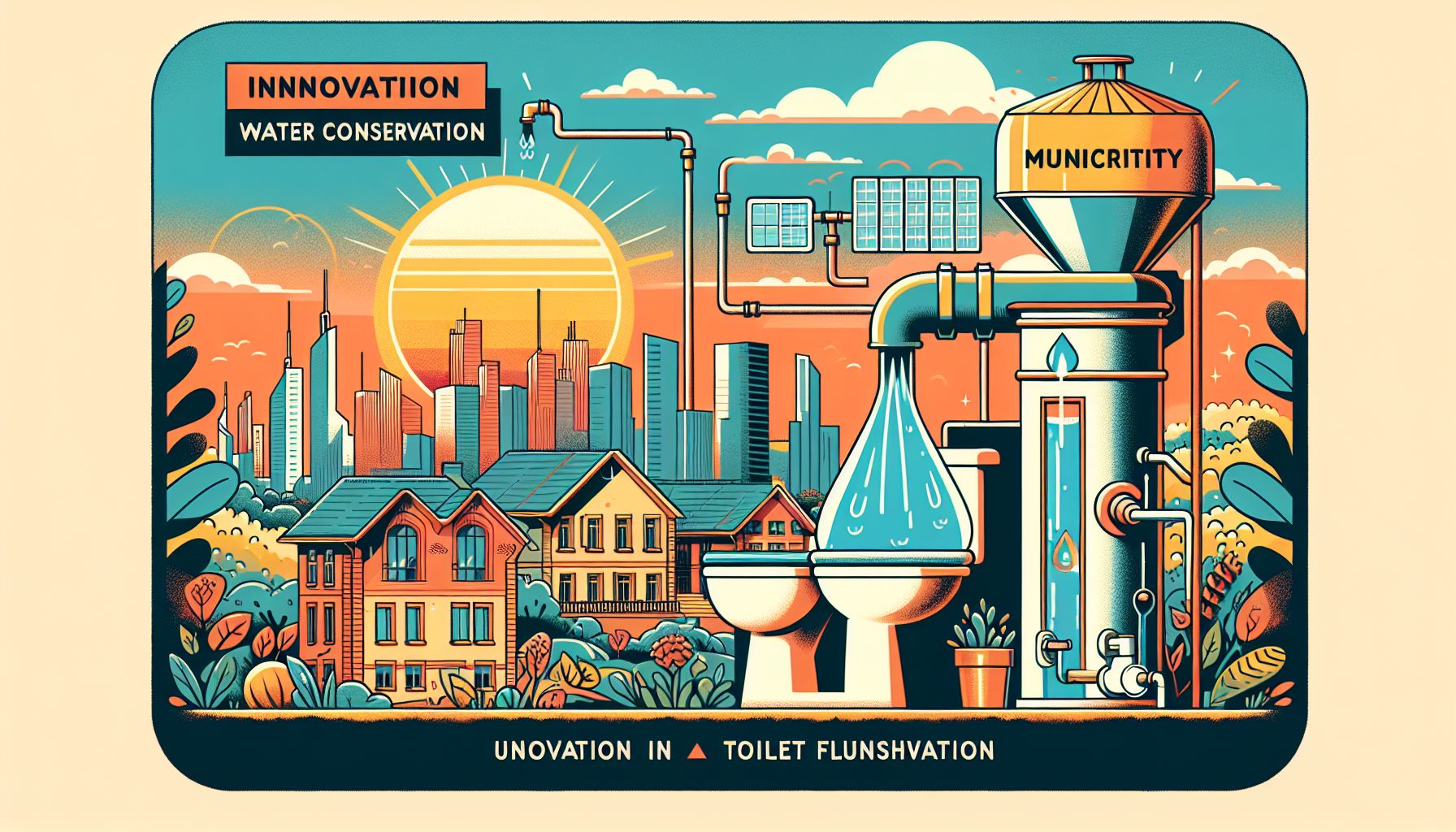Westerkwartier Innovates: Rainwater for Toilet Flushing

Westerkwartier, Thursday, 25 July 2024.
The municipality of Westerkwartier has awarded an innovation subsidy for a pilot project testing rainwater use in toilet flushing. This initiative aims to reduce potable water consumption and explore sustainable water management solutions, marking a significant step towards urban water conservation.
The Project and Its Goals
Located in the Netherlands, the municipality of Westerkwartier has taken an innovative step towards sustainable water management by providing an innovation subsidy for a pilot project aimed at using rainwater for toilet flushing. This project aims to significantly reduce the consumption of potable water by employing rainwater, which is otherwise wasted, for non-potable uses. As urban areas face increasing pressure on water resources, such initiatives are crucial for achieving sustainable water management.
Implementation and Technology
The pilot project will involve installing rainwater tanks and catchment systems in selected buildings within Westerkwartier. These systems will collect and store rainwater from rooftops, which will then be used for flushing toilets. According to sources, a well-designed rainwater collection system can yield approximately 2,358 liters of water from just 2.54 centimeters of rain on a 92.9 square meter roof[1]. This substantial amount highlights the potential of rainwater harvesting in reducing dependence on municipal water supplies.
Environmental and Economic Benefits
Utilizing rainwater for toilet flushing not only conserves potable water but also offers significant environmental benefits. By reducing the demand on municipal water supplies, the project helps mitigate the effects of droughts and water shortages. Additionally, it decreases the volume of stormwater runoff, thereby reducing the risk of flooding and pollution. Economically, the use of rainwater can lead to lower water bills for residents and businesses, making it a financially viable solution as well.
Future Prospects and Expansion
If the pilot project proves successful, the municipality of Westerkwartier plans to expand the initiative to more buildings and potentially other uses of rainwater, such as gardening and car washing. The success of this project could serve as a model for other municipalities looking to implement similar sustainable water management practices. The innovation subsidy provided by Westerkwartier demonstrates a proactive approach to environmental stewardship and could inspire broader adoption of rainwater harvesting technologies.

